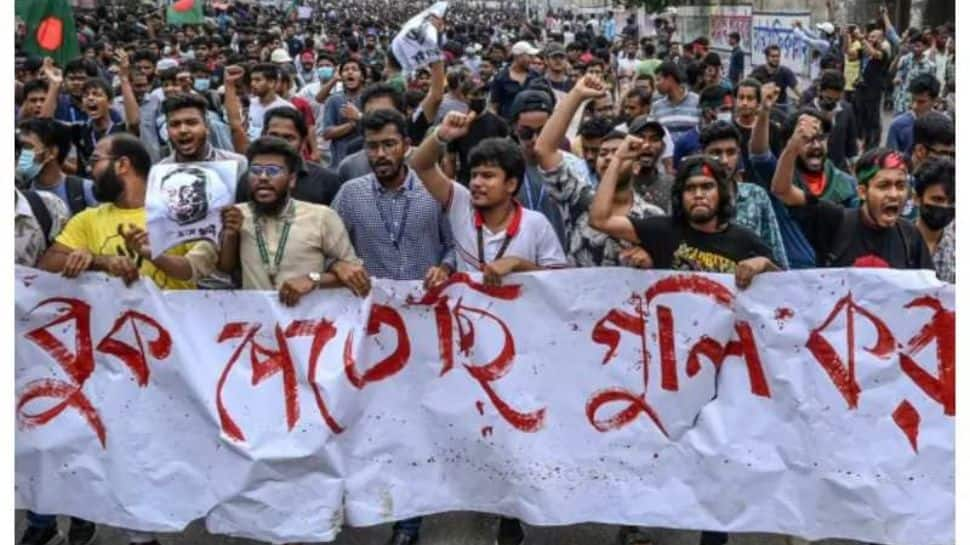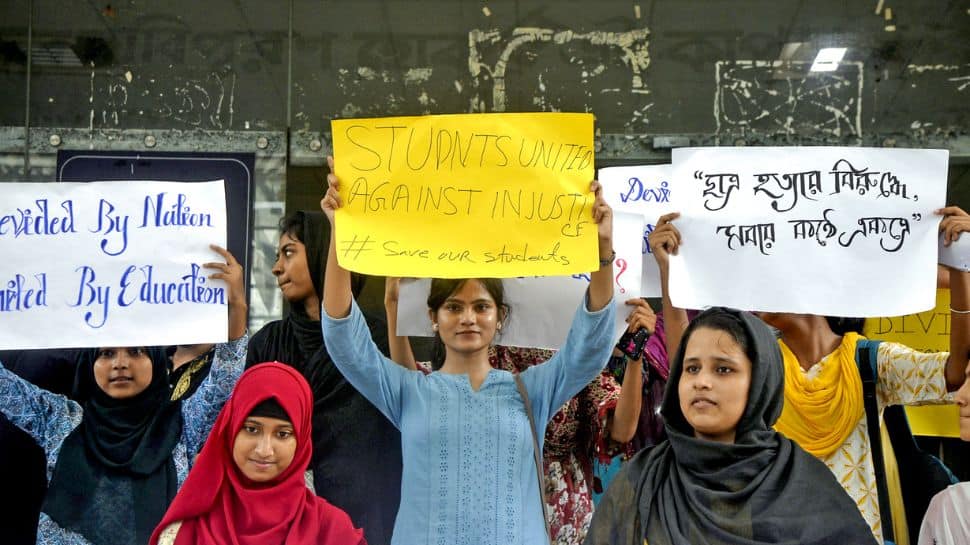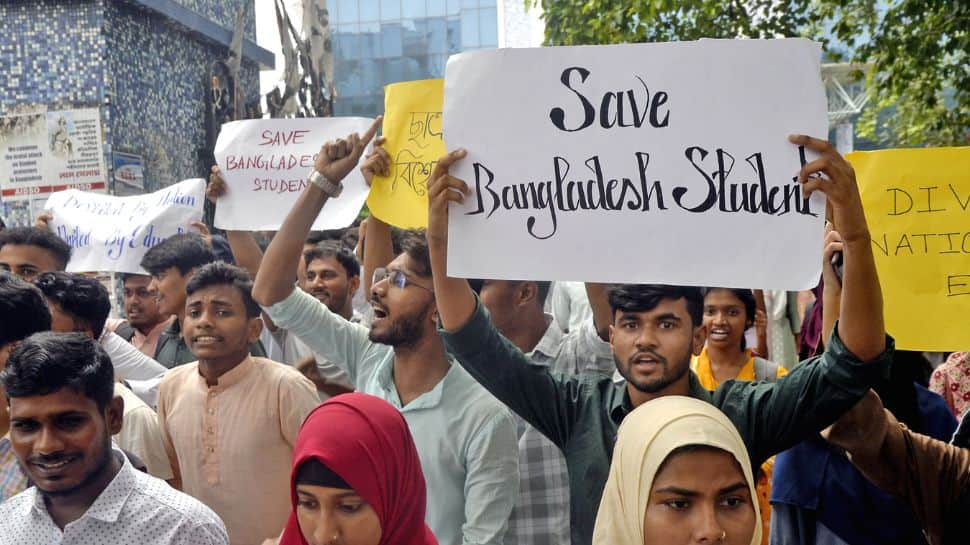Bangladesh Military Coup: 5 Reasons That Led To Sheikh Hasina's Ouster
Amid violent protests calling for her resignation, Bangladesh Prime Minister Sheikh Hasina has resigned from her post and departed the capital, Dhaka. Bangladesh's army chief Waker-Uz-Zaman has confirmed the military coup in a press conference and announced the formation of an interim government to restore law and order in the country. Know 5 reasons that led to the ouster of Sheikh Haseena from Bangladesh.
1. Widespread Violence and Unrest
)
Bangladesh has been experiencing severe unrest, with over 300 people killed in recent violence, marking some of the deadliest events since the country's independence.
2. Escalating Student Protests

The turmoil began with massive student protests against reserved quotas in government jobs. Initially focused on job quota reforms, the protests soon evolved into a broader campaign demanding Hasina's resignation.
3. Government's Response to Protests

Hasina's administration faced significant criticism for its handling of the protests. Critics and human rights groups accused the government of using excessive force against demonstrators. Hasina denied these accusations, attributing the violence to opposition parties.
4. Economic Challenges

Bangladesh's economy, once rapidly growing, has stagnated, exacerbating public discontent. High youth unemployment and stagnant job growth in the private sector made government jobs, which often come with regular wage hikes and privileges, highly sought after. The economic struggles have led to inflation around 10% per year and shrinking dollar reserves, further fueling the protests.
5. Controversial Job Quota System

The reinstatement of a job quota system by the High Court triggered the initial wave of protests. Although the Supreme Court later suspended and dismissed the high court's order, the damage was done. The students were unhappy with the quota system, feeling it unfairly limited opportunities for merit-based candidates. This dissatisfaction was compounded by the government's inadequate response to their demands, leading to the escalation of protests and ultimately contributing to Hasina's downfall.
Trending Photos








